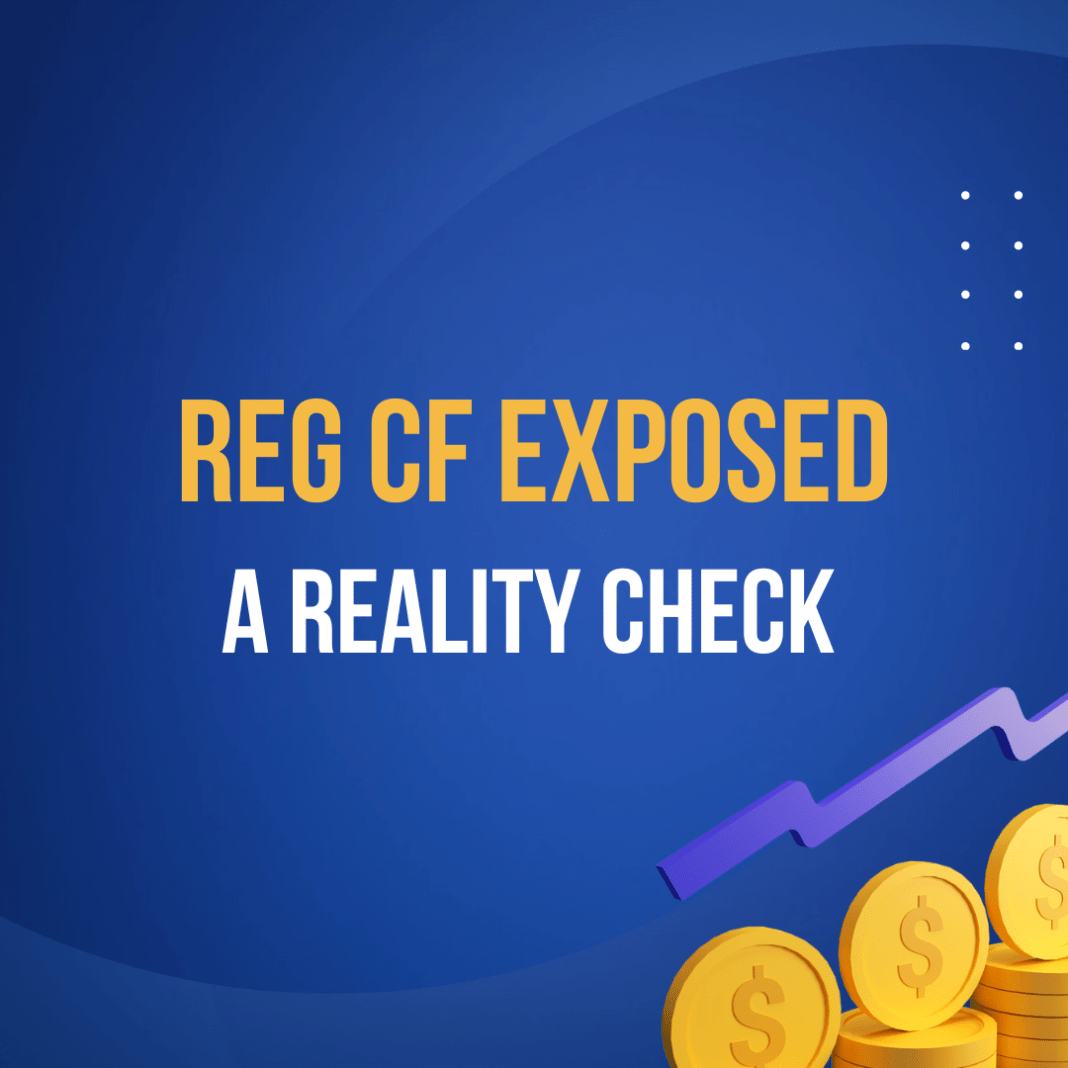In 2016, Revolut, a fintech company founded by Nikolay Storonsky, launched its first crowdfunding campaign on Crowdcube, offering retail investors the chance to own a piece of a promising startup. At the time, Revolut had a modest valuation of £42 million ($58 million), and crowdfunding investors were invited to participate alongside venture capitalists. The opportunity seemed risky but exciting for early backers, as Revolut’s bold vision of a global financial super-app began to take shape.
Fast forward to 2024, and the fortunes of these early crowdfunding investors have skyrocketed. Today, Revolut is valued at $45 billion, and those who invested in the 2016 campaign have seen returns as high as 40,000% on their original investment.
The Numbers Behind the Success
The crowdfunding campaign in 2016 was open to just 433 retail investors, with the average investment around £2,152. At the time, this may have felt like a considerable risk for an unproven startup. However, as Revolut’s valuation soared through subsequent funding rounds, these early investments transformed into a goldmine. A £10,000 investment in 2016 could now be worth over £4 million, thanks to Revolut’s explosive growth.
Revolut’s crowdfunding journey has been nothing short of extraordinary. In just two years after the crowdfunding round, the company raised $250 million in a Series C round, which valued it at $1.7 billion. By 2021, its valuation skyrocketed to $33 billion, and in 2024, it reached $45 billion. Early backers have been sitting on paper wealth, but many have now exited with enormous gains, particularly as Revolut allows secondary sales of shares, providing liquidity to early investors.
What Made Revolut a Success?
Several factors contributed to Revolut’s success and, by extension, the success of its early investors. Firstly, Revolut was a pioneer in offering fee-free currency exchange and international money transfers at interbank rates. This disrupted traditional banking services and quickly gained traction among a global user base. The company’s rapid innovation and expansion—from a multi-currency card to a comprehensive financial super-app offering banking, trading, crypto, and insurance—kept it ahead of the curve.
Revolut’s user base exploded from around 450,000 users in 2017 to over 25 million in 2023, demonstrating the company’s massive appeal. Operating in more than 200 countries, Revolut’s global reach has made it a household name in fintech. Its ability to pivot and innovate has been key to its sustained growth, despite regulatory challenges and criticism regarding its work culture.
Crowdfunding Democratized Wealth Creation
Revolut’s crowdfunding success is not only a victory for the company but also a watershed moment for retail investors. Traditionally, such massive returns have been reserved for venture capital firms and institutional investors. Crowdfunding platforms like Crowdcube and Seedrs allowed everyday individuals to participate in this high-growth opportunity, democratizing access to startup investing.
This success story is emblematic of the potential for crowdfunding platforms to open the doors to life-changing returns for small investors. With Revolut, regular people had the opportunity to invest alongside institutional giants like DST Global and Balderton Capital. As the company’s valuation soared, these retail investors realized gains previously unimaginable in retail investment.
Lessons for Aspiring Crowdfunding Investors
While Revolut’s success is remarkable, it also serves as a reminder of the importance of research and patience in early-stage investing. Here are some key takeaways for anyone looking to follow in the footsteps of Revolut’s early backers:
- Do Your Research: Investors who backed Revolut early likely saw the potential in its leadership, product, and the problem it was solving. Proper research into the market opportunity and the team behind the startup is crucial.
- Diversify Your Portfolio: While Revolut’s success has been monumental, not all crowdfunding campaigns offer such returns. Diversifying investments across multiple startups can help mitigate risk.
- Be Patient: Revolut’s valuation jumped from £42 million to $45 billion over seven years, demonstrating that early-stage investments often require long-term commitment.
- Understand the Risks: Crowdfunding is not without its risks. For every success like Revolut, many startups fail to deliver. Investors should only commit funds they are willing to lose.
The Future: An IPO on the Horizon?
As Revolut continues to mature, many investors are eagerly anticipating the company’s eventual Initial Public Offering (IPO). While no official date has been announced, an IPO would likely provide another significant exit opportunity for early investors, potentially realizing even greater gains. For now, the company remains focused on expanding its product offering and securing a full UK banking license, but speculation about an IPO continues to build.



